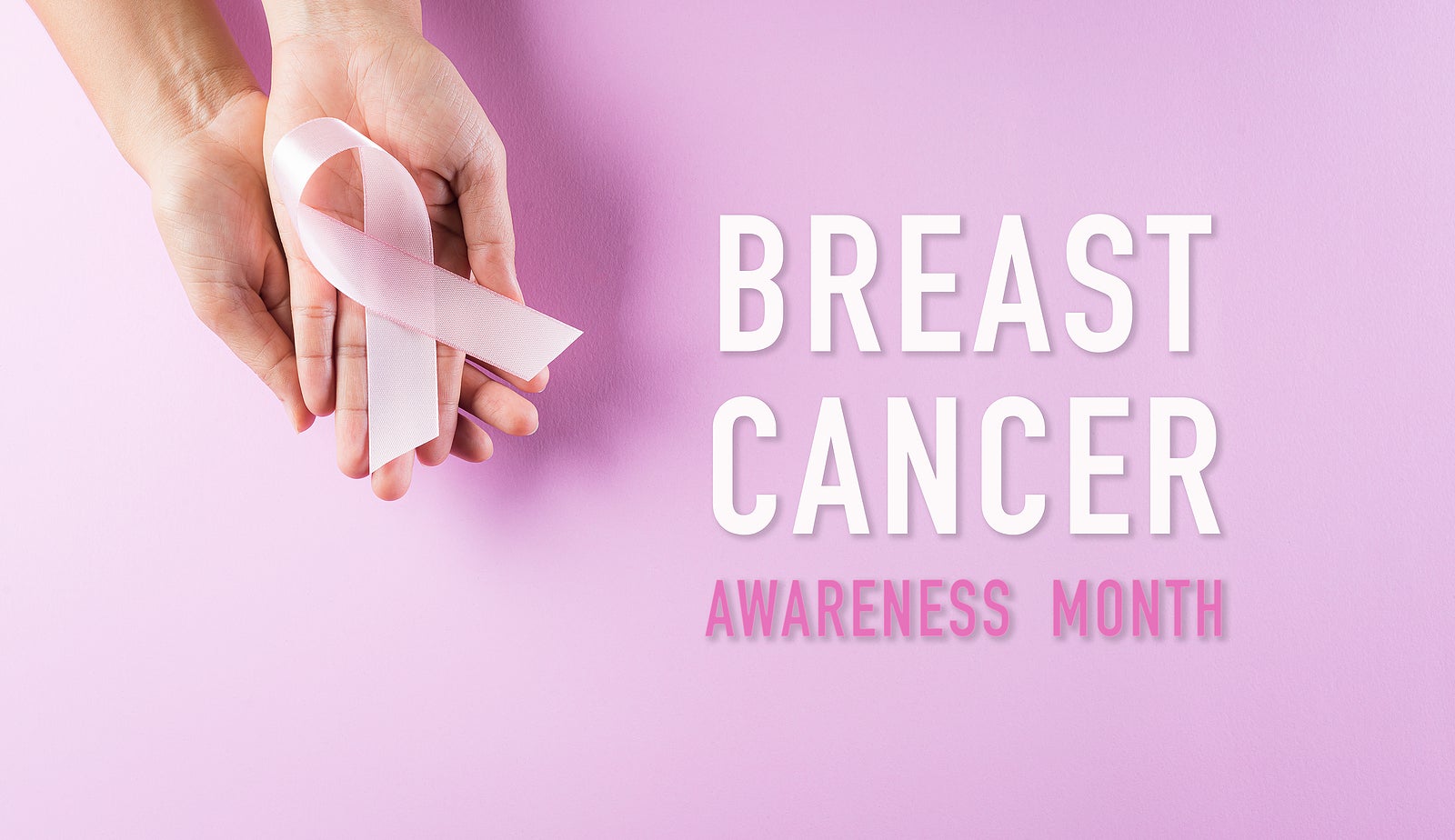
Many companies use national awareness campaigns or celebrations as marketing opportunities, whether it’s Breast Cancer Awareness Month in October, National Women’s History Month in March or a dedication to financial literacy in April. Suddenly, the shopping app Rakuten links with Pride-themed merchandise in June and the classic shape of Cheerios turns to hearts for American Heart Month in February.
But how can smaller companies deploy these campaigns and celebrations to help their business? After all, not all small businesses have the reach and brand recognition of General Mills. What can a business with relatively lean pockets do?
Identify which moments to support
First, devote some time to identifying which awareness campaigns or celebrations to support. The questions to help you do this are not all that different from any other marketing you do for your business. Consider the unique value proposition of your product or service. Ask yourself which customers you want to target, what products or services you want to promote or even which features of your products you’d like to highlight. The key question is: What customer base do you want to target, and why?
Celebrations and awareness campaigns can be important in several ways. They can allow you to penetrate a market you want to move into or celebrate a market you already have — and spur even more sales in it.
Let’s say you make a portable water bottle successful in the sports market. Runners, joggers and marathoners all use it. But your sales indicate that the brand is not as popular with women as with men; women like a smaller and more lightweight bottle. To rectify this, you consider using innovative resources, like a GoFundMe campaign to expand your product line, creating a smaller bottle more suited to women’s hands.
As part of your marketing campaign, you’ve been strategizing how to create strong brand awareness of the new product among women. So, you might ask, is there an awareness campaign or celebration about or appealing to women? Yes! Several government organizations have designated March as Women’s History Month. Campaigns ranging from health, beauty and other traditional women’s products to the Google Doodle commemoration of International Women’s Day link to Women’s History Month.
For your water bottles, you could devise a campaign with famous women sports figures of the past, such as golfer “Babe” Didrikson Zaharias or tennis player Althea Gibson.
Make it meaningful
The other key is to make your campaign meaningful.
First, it must resonate with a customer base you’re actually targeting. Linking with Women’s History Month can resonate in the above example because practitioners of sports often do have an interest in sports figures from the past — the challenges they overcame, how they trained or even that they were practicing sports when relatively few women were. The implied analogy — they worked toward a strong body and sports mastery and so do you — is not a stretch. Neither is the implied “this product will help you become strong like them.”
Second, it must be seen as relevant to your company and its products. Realtor.com, which lists homes for sale to potential buyers, celebrates Hispanic Heritage Month with personal stories and spotlights on Hispanic music, fashion and food. Why? Because in the coming two decades, 70% of new homeowners will be Hispanic; in fact, Hispanic American household creation is expected to rise by 8.6 million between 2020 and 2040, more than any other group, according to a report from The Urban Institute. Realtor.com, a site where people can view homes to buy and obtain details on them, is targeting a strong potential customer base by reaching out to this important demographic.
Tie-ins with celebrations or awareness campaigns won’t work effectively if you don’t have any products relevant to the customer base, you don’t have a meaningful customer base in the campaign’s target audience or the tie-in isn’t seen as respectful to the target audience.
Linking to a celebration or awareness campaign may even backfire if the campaigns seem crafted to give a type of lip service to the target audience, without any real support of the goals of the campaigns. For decades, October has been Breast Cancer Awareness Month, symbolized by the color pink and distinctive pink ribbons. The presence of companies using the color and iconic symbol for marketing has been so vast that it gave rise to the term “pinkwashing”: supporting the cause or products linked to the disease. But the Breast Cancer Consortium notes that “in recent years the definition has expanded to include any company or organization that exploits breast cancer for profit or public relations motivations.” In short, be thoughtful and respectful about why and how you link your company to any campaign or celebration.
Use successful campaigns as a type of road map. General Mills’ Cheerios campaign is successful because the company ties Cheerios to a value related to heart health (healthy eating). Rakuten’s Pride campaign links gay pride to inclusiveness and a historic breaking of barriers. These campaigns all focus on a unique value proposition that resonates with a target audience while remaining respectful to that audience.
1826 Views












